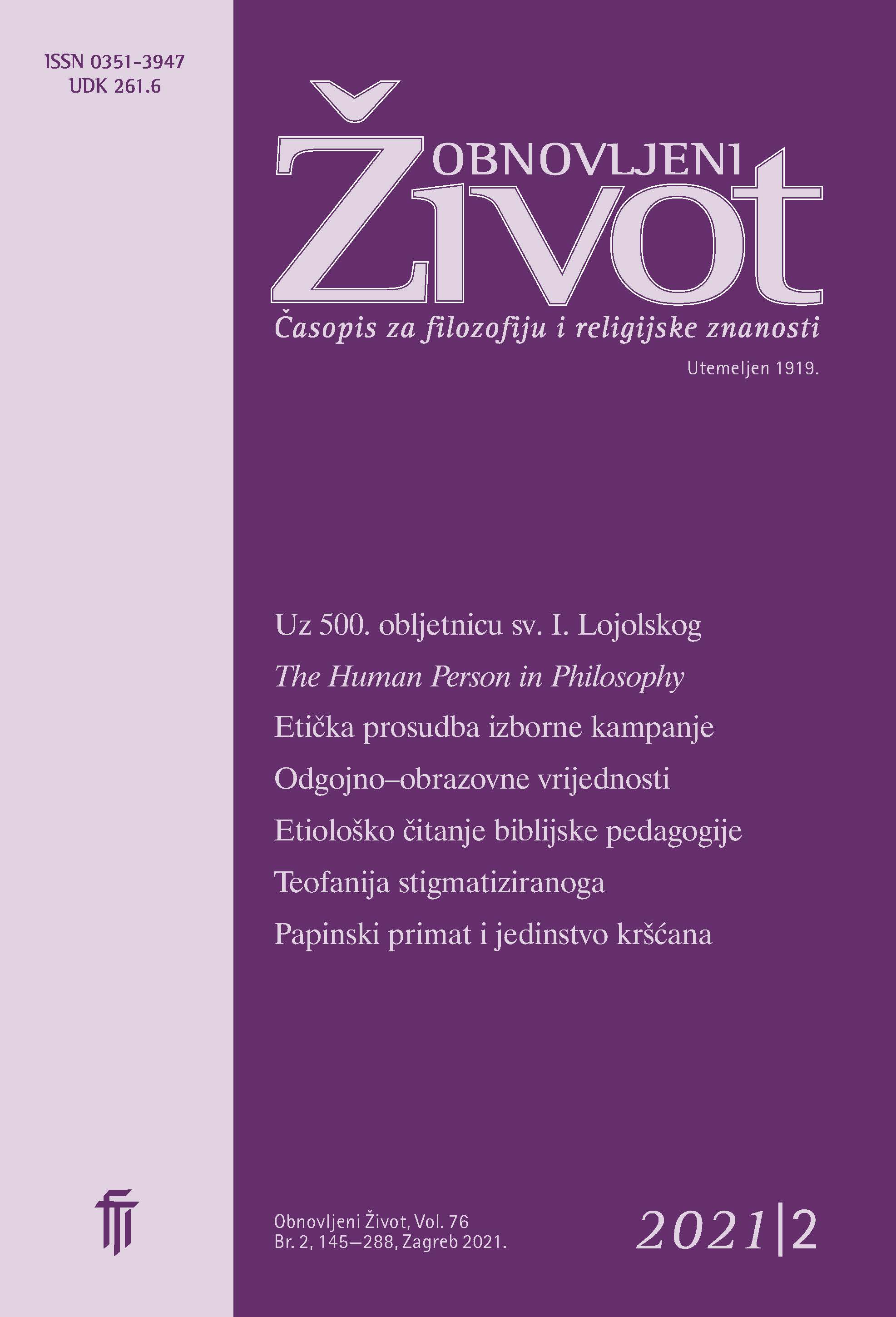When is an Election Campaign a Good Campaign?
European Parliamentary Elections in Croatia 2019
Keywords:
political parties, elections, European Parliament election campaign, consequences, ethicsAbstract
The paper seeks to answer the question: when is an election campaign a good campaign in terms of campaign ethics, and when is it good in terms of achieving successful results? Some possible evaluation criteria are explored. It was found that an election campaign can be ethical if guided by the principle of truth, and if it seeks to encourage a good voter turnout. Furthermore, it can be good in terms of successfulness if it raises poll ratings and receives more votes at a moderate cost in comparison to previous elections. In applying the above criteria to the campaigns of political parties in the Croatian elections for the European Parliament in 2019, we have seen that the campaign of most parties was not good from an ethical standpoint; furthermore, in terms of successfulness, only two parties stood out, and these were founded before the election. With a few exceptions, most parties in Croatia either did not want or simply did not have the knowledge and ability to organize an election campaign that would motivate and guide undecided voters. In this sense, the campaign did not demonstrate an overall benefit for society. At the same time, only a few parties succeeded in creating a campaign which produced a better result than in previous elections or better ratings in pre–election polls. In this sense, we can say that the campaigns of most parties did not affect voters’ preferences, as they seemed to have been established before the campaign began. The parties that achieved the best cost–to–vote ratio were those that made the most effective use of the Internet or that made personal contact with the voters.
Downloads
Published
Issue
Section
License
Jednom prihvaćeni članak obvezuje autora da ga ne smije objaviti drugdje bez dozvole uredništva, a i tada samo uz bilješku da je objavljen prvi put u Obnovljenom životu. Uredništvo će obavijestiti autora o prihvaćanju ili neprihvaćanju članka za objavljivanje.
Članci objavljeni u časopisu se, uz prikladno navođenje izvora, smiju besplatno koristiti u obrazovne i druge nekomercijalne svrhe.


